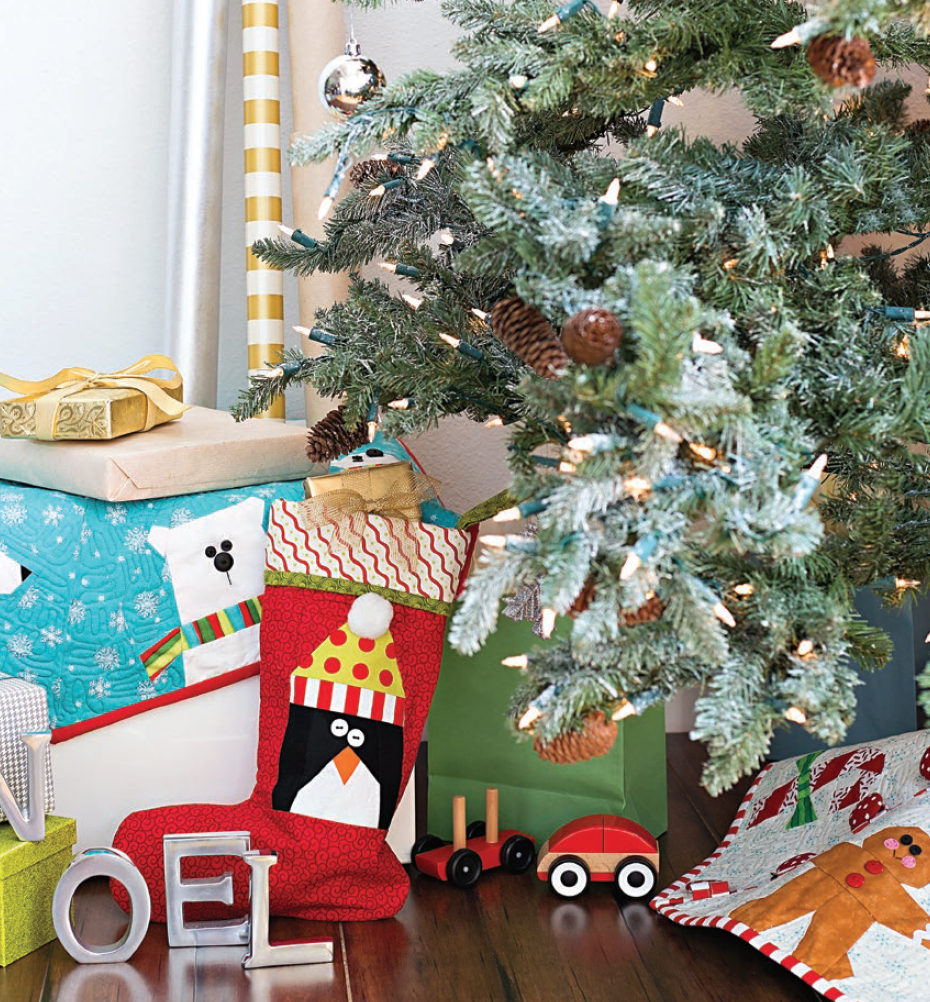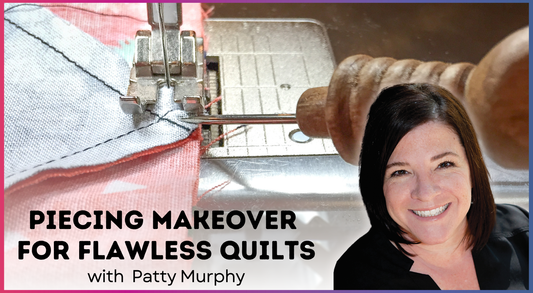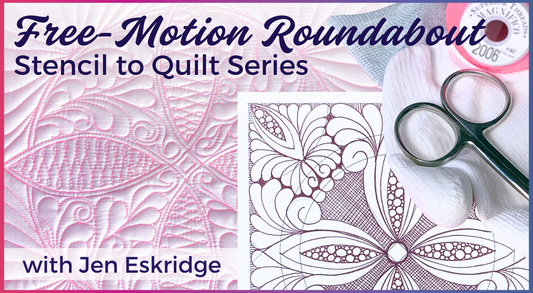
Tips for Paper Piecing Basics
Share
The following information is from Sew Yourself a Merry Little Christmas by Mary Hertel.
Paper-Piecing Basics
Paper piecing is a simple, straightforward method of sewing a design into a project. Perhaps you have experienced the joy and satisfaction of seeing the finished image after adding the last piece to a jigsaw puzzle. The effects of paper piecing are no different. Anyone with basic sewing skills can master paper piecing, as the approach used in this book is essentially sewing by number. Paper piecing is also a creative means of using up oddly shaped pieces of fabric that might otherwise have been relegated to the scrap pile.

Things to Know:
PREPARE A CONVENIENT WORK STATION
Have the iron, pressing board, and cutting mat close to the sewing machine. There should be a light source handy for positioning scrap pieces on the back of the block. I use a window during the day and a lamp at night. I’ve even used a television screen when desperate.
STITCH LENGTH
Set the stitch length at 1.5, which is about 20 stitches per inch. The stitch perforations must be close enough to allow the paper to rip off easily, but not so close that ripping out a seam is an impossible task.
FABRIC GRAIN
For paper piecing find a straight edge on your scrap and use it. Place the sewing line a generous 1/4˝ from any straight edge. Don’t be concerned with the fabric grain unless the fabric is a stripe, plaid, or other directional fabric.
STEAM PRESSING
If fusible fleece or interfacing is called for, add decorative buttons or pom-poms after the fusing is finished. Use a damp pressing cloth and press from both sides of the fabric for the best adhesion.
THE BUTTERFLY EFFECT
After sewing a seamline, the fabric is flipped behind the numbered piece that you are currently attaching. This creates a butterfly effect, meaning that the fabric scrap needs to be lined up to the seam in such a way that it will cover the space you are sewing after it is flipped into place. If you are concerned that the size of your scrap is insufficient, pin along the seamline and try flipping the scrap into place before sewing the seam. That way, if the scrap does not cover the area sufficiently, you can adjust it or find a larger scrap.

-
Shop Sew Yourself a Merry Little Christmas by Mary Hertel
For more paper piecing fun, shop Mary Hertel's newest release, Paper Piecing All Year Round.











